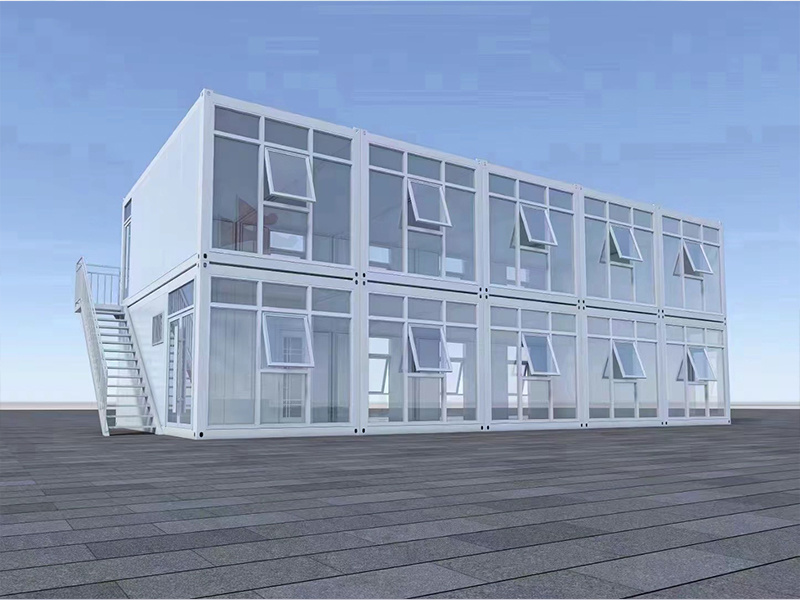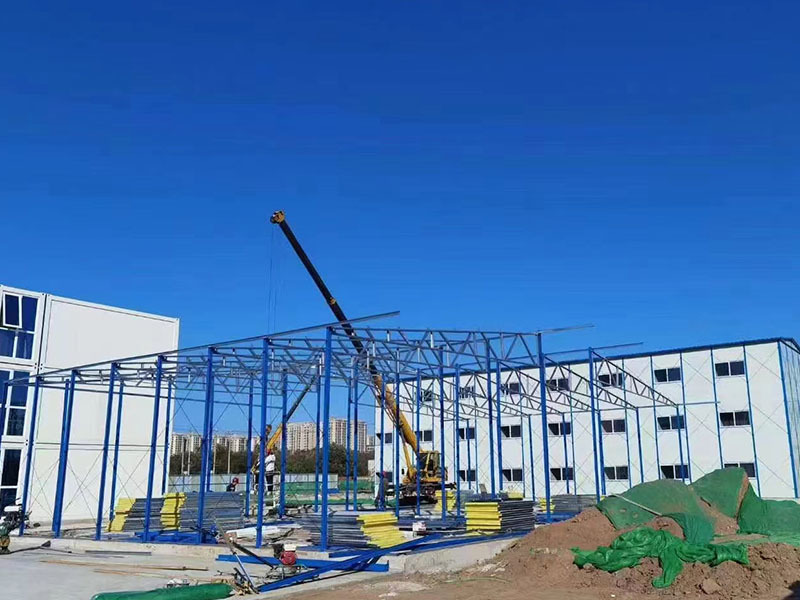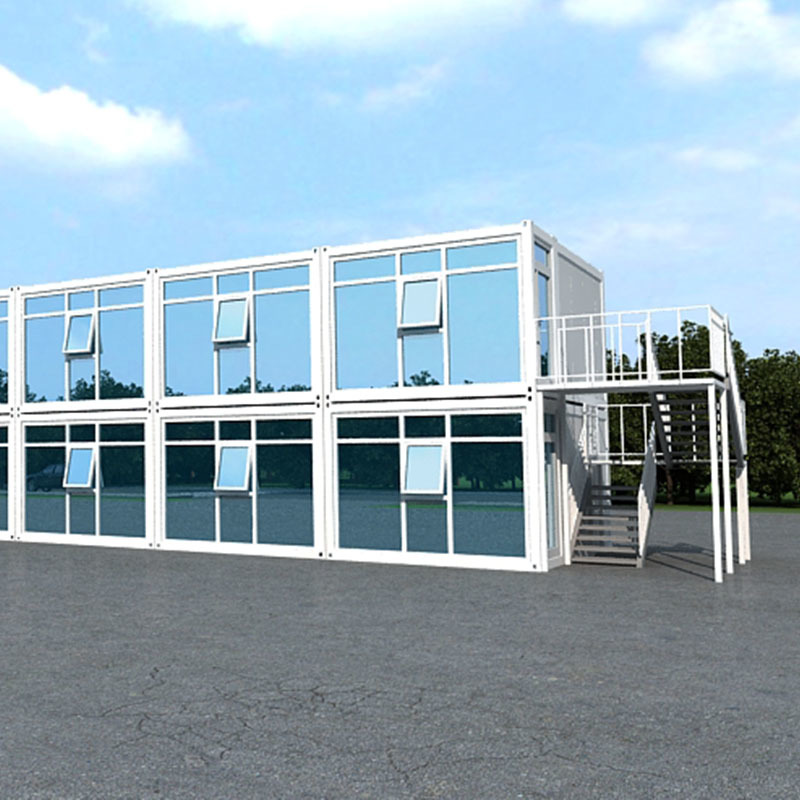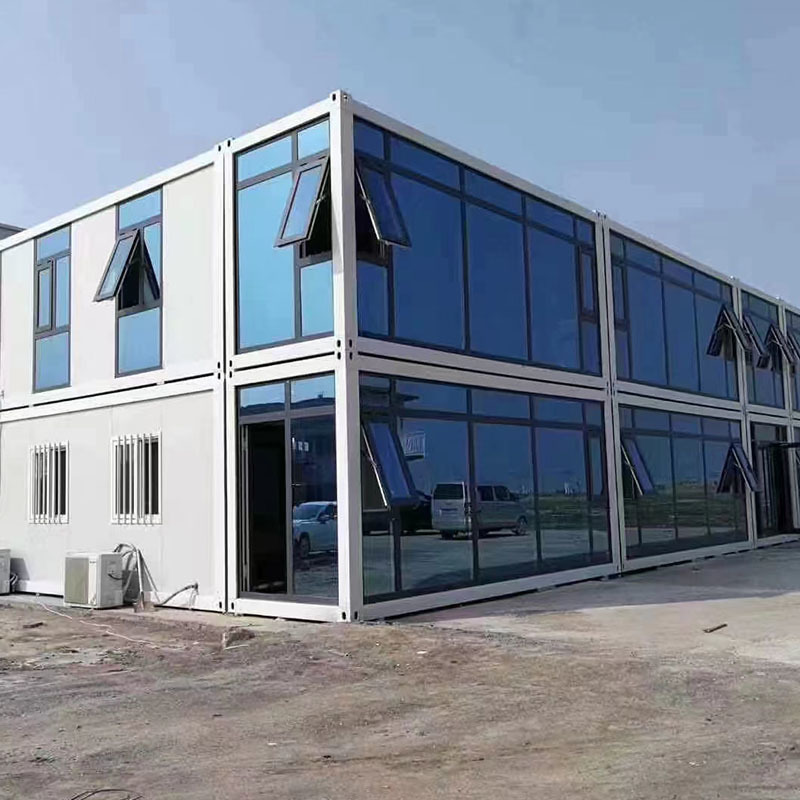Exploring the Benefits and Features of Residential Container Homes
Release Time:
Jun 29,2025
Residential container homes have gained significant attention in recent years as an alternative housing solution that combines sustainability, affordability, and creativity. These homes are constructed using repurposed shipping containers, making them an eco-friendly choice that contributes to reducing waste while providing a unique aesthetic. Here, we will explore the various aspects of residenti
Residential container homes have gained significant attention in recent years as an alternative housing solution that combines sustainability, affordability, and creativity. These homes are constructed using repurposed shipping containers, making them an eco-friendly choice that contributes to reducing waste while providing a unique aesthetic. Here, we will explore the various aspects of residential container homes that make them appealing to homeowners and builders alike.
One of the primary advantages of residential container homes is their environmental benefits. By utilizing existing shipping containers, the construction process contributes to minimal waste, which is increasingly important in today's eco-conscious society. Additionally, container homes can be designed to incorporate energy-efficient features, such as solar panels, green roofs, and proper insulation, resulting in lower energy consumption and a reduced carbon footprint.
Another significant feature of residential container homes is their versatility. These structures can be easily modified, stacked, and configured to create personalized living spaces that cater to individual needs and preferences. Whether you desire a cozy single-container studio or a multi-container family home, the modular nature of container homes allows for endless design possibilities. This adaptability makes them an appealing option for various demographics, including young professionals, families, and retirees.
Cost-effectiveness is also a crucial factor in the growing popularity of residential container homes. Compared to traditional construction methods, building with shipping containers can significantly reduce costs, making homeownership more accessible for many. The construction timeline is often shorter, as containers can be quickly transformed into livable spaces with less labor and material input required. This efficiency allows for quicker occupancy and the potential for savings on construction loans.
Furthermore, residential container homes are often designed to be mobile, providing homeowners with the flexibility to relocate their living spaces as needed. This mobility can be particularly attractive to those who value travel or wish to explore different lifestyles in various locations. The ability to create a portable home that maintains comfort and style is a notable advantage that container homes offer.
In summary, residential container homes present an innovative approach to modern living that emphasizes sustainability, cost-effectiveness, and versatility. Their unique design and environmental benefits make them an attractive option for those looking to break away from traditional housing norms. As more individuals and families seek alternative living solutions, the appeal of container homes continues to grow, positioning them as a significant player in the future of housing. Whether you are considering building your own container home or just curious about the concept, understanding its benefits can inspire you toward a more sustainable and creative way of living.
One of the primary advantages of residential container homes is their environmental benefits. By utilizing existing shipping containers, the construction process contributes to minimal waste, which is increasingly important in today's eco-conscious society. Additionally, container homes can be designed to incorporate energy-efficient features, such as solar panels, green roofs, and proper insulation, resulting in lower energy consumption and a reduced carbon footprint.
Another significant feature of residential container homes is their versatility. These structures can be easily modified, stacked, and configured to create personalized living spaces that cater to individual needs and preferences. Whether you desire a cozy single-container studio or a multi-container family home, the modular nature of container homes allows for endless design possibilities. This adaptability makes them an appealing option for various demographics, including young professionals, families, and retirees.
Cost-effectiveness is also a crucial factor in the growing popularity of residential container homes. Compared to traditional construction methods, building with shipping containers can significantly reduce costs, making homeownership more accessible for many. The construction timeline is often shorter, as containers can be quickly transformed into livable spaces with less labor and material input required. This efficiency allows for quicker occupancy and the potential for savings on construction loans.
Furthermore, residential container homes are often designed to be mobile, providing homeowners with the flexibility to relocate their living spaces as needed. This mobility can be particularly attractive to those who value travel or wish to explore different lifestyles in various locations. The ability to create a portable home that maintains comfort and style is a notable advantage that container homes offer.
In summary, residential container homes present an innovative approach to modern living that emphasizes sustainability, cost-effectiveness, and versatility. Their unique design and environmental benefits make them an attractive option for those looking to break away from traditional housing norms. As more individuals and families seek alternative living solutions, the appeal of container homes continues to grow, positioning them as a significant player in the future of housing. Whether you are considering building your own container home or just curious about the concept, understanding its benefits can inspire you toward a more sustainable and creative way of living.
Key words:
What Else Might You Learn?











